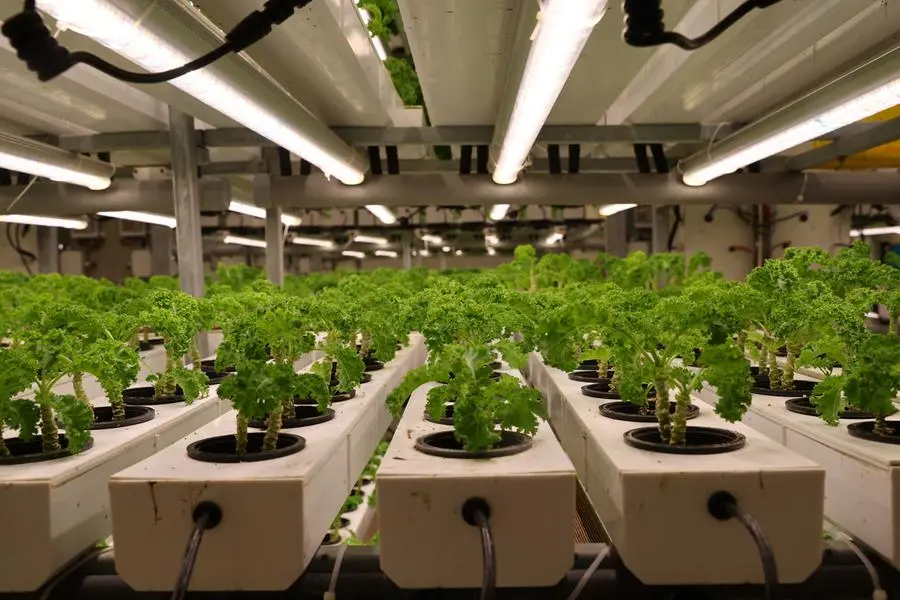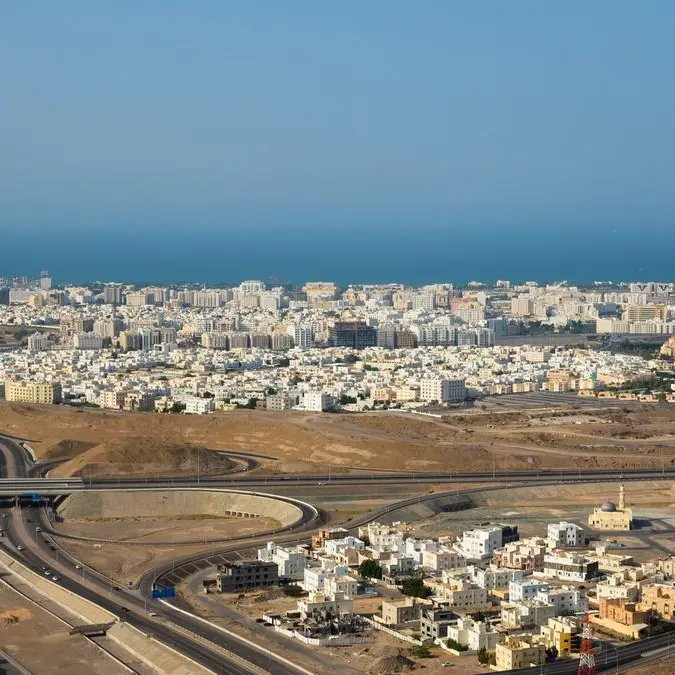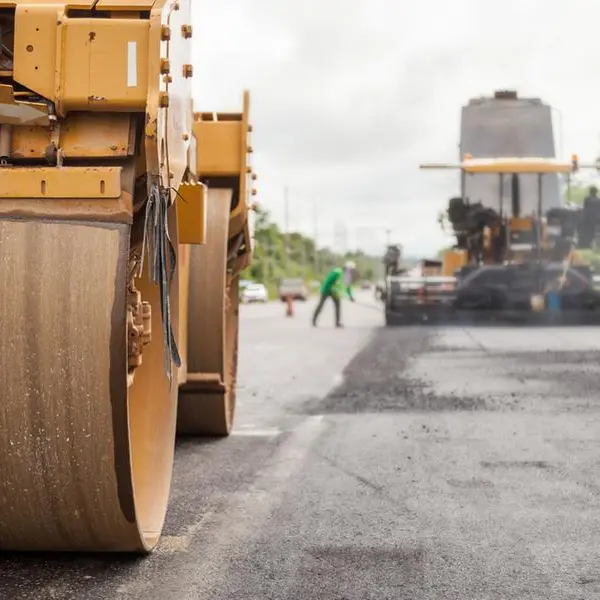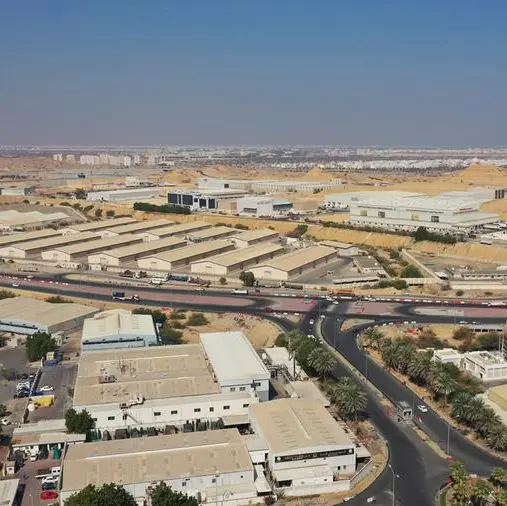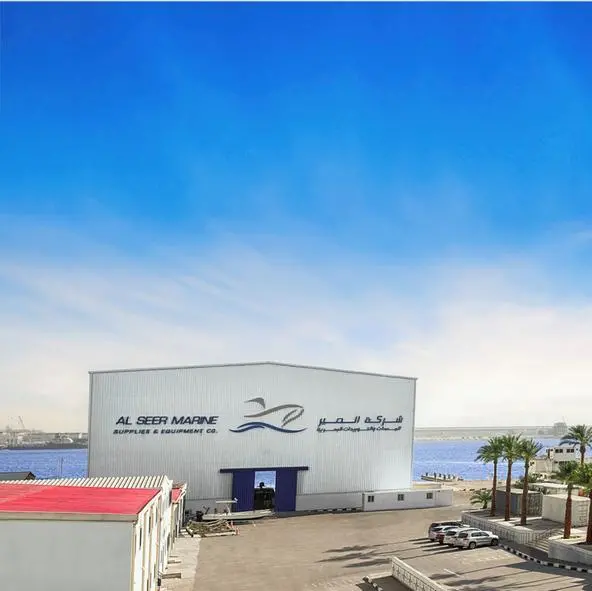PHOTO
UAE-based agro-technology company Veggitech is in discussions with the Ministry of Climate Change and Environment (MOCCAE) and a leading local bank to obtain funding for a pilot project which would be implemented under a new BOT (Build-operate-Transfer) model, a senior official said.
“We are in the midst of discussions where they (MOCCAE) may give us a pilot project, which will be funded by a leading bank, which we do not wish to name at the moment. At the same time, we are approaching other UAE government entities because we are confident that we can guarantee profitability with our proven expertise and know-how in the agritech sector for the last three years,” Rami Nairat, Group CFO of SNASCO Investments, told Zawya in an exclusive interview.
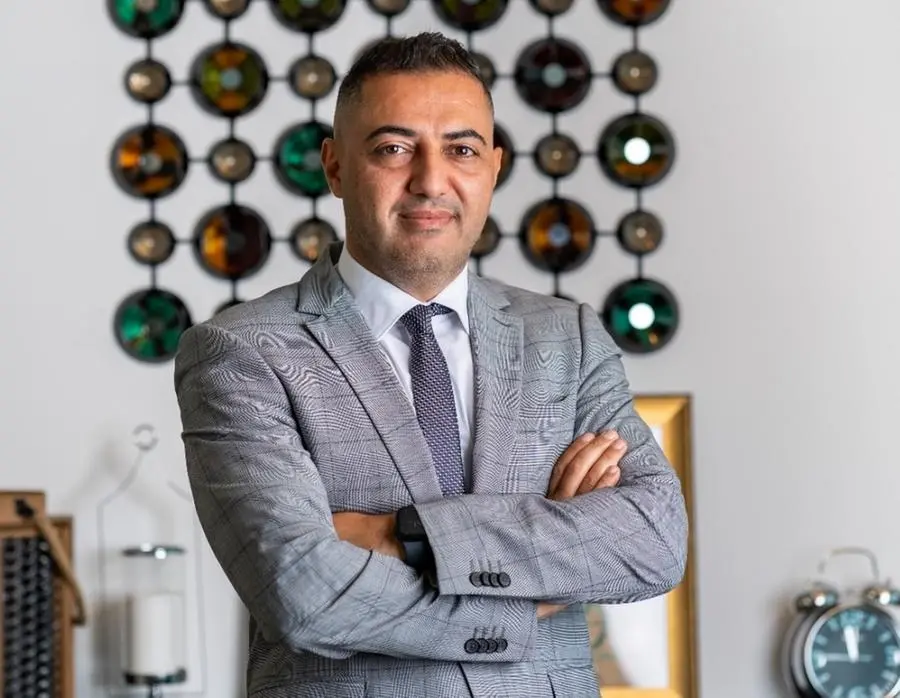

“We have been verbally told by the bank that we can start with one project, and if we are successful, they will back us with more funding. We are also discussing with several local [farm] owners in the UAE. Some owners said they are willing to fund the BOT project themselves.”
Founded in 2020, the Sharjah-based Veggitech offers protected hydroponics for traditional farms, grow-light-assisted hydroponics for vertical farms, turnkey design-build and consultancy services. It was acquired by Saudi-based regional investment company SNASCO Holding in 2021.
Nairat said: “When we took over Veggitech in 2021, it was our first venture into the agritech sector outside Saudi Arabia. In the last three years, we have added four farms to our portfolio. Today, we have around 360,000 square metres of productive land. Since we are confident that we can achieve the numbers, we decided to launch our new BOT model.”
Veggitech has to its credit the UAE’s first-ever and the MENA region’s largest saffron farm in Al Zubair, Sharjah.
“Our growth in sales is 200 per cent y-o-y, and we have so many projects in the pipeline. In future, we plan to add more products to our portfolio because the (Veggitech) brand is well-loved, and the demand is more than what we supply,” said Nairat.
New BOT model explained
The SNASCO Investments executive said Veggitech is in discussions with several farm owners in the UAE who have underutilised farmland or farms that produce below potential to deploy its BOT model.
“From our end, we can guarantee profitability for the next three to four years,” he said.
Nairat said the company will first conduct a study of the farm and then introduce the local owners to the bank for loan approvals. “The loans will start at 1 million UAE dirhams and can go upwards depending on the project size. We will then take over the farm, upgrade, start production, market and sell the produce under our name for the period of the BOT, following which, we will give the farm back to the owner to run it for themselves.”
He noted that the model aligns with the SNASCO Chairman’s vision regarding the group’s social responsibility towards the region and adding value to the post-pandemic food security ambitions.
“This will eventually lead us to better business sustainability as a company. In terms of the bigger picture, we are confident about the BOT model because the UAE government is looking for new opportunities to generate employment for Emiratis and ways to help them generate revenue.”
Food security
Before this, in June 2023, EDB had launched its AgriTech Loans Programme with an allocation of AED100 million ($27 million) to provide financial support to enable local food production and drive food security.
On 22 June 2023, MOCCAE announced the formation of a task force as part of the ‘National Farm Sustainability Initiative’ to facilitate partnerships between major supply companies and local farms for increasing the procurement of national farm products and bolstering local agricultural production. This would boost self-sufficiency in essential food items and enhance the income of Emirati farms without disrupting the food trade.
Read more: Ministry of Climate Change and Environment launches food and agriculture entrepreneurs programme
(Reporting by Sona Nambiar; Editing by Anoop Menon)
Subscribe to our Projects' PULSE newsletter that brings you trustworthy news, updates and insights on project activities, developments, and partnerships across sectors in the Middle East and Africa.
